160 countries and regions, 3 billion people love drinking tea
Currently, nearly 3 billion people in over 160 countries and regions enjoy drinking tea, meaning three out of every four countries consume tea, and two out of every five people you meet are tea drinkers.
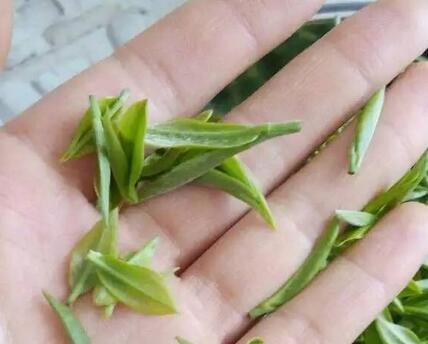
China produces 1.98 million tons of tea annually, with per capita consumption of 566g
In 2014, China produced 1.98 million tons of tea, ranking as the world's top tea producer, accounting for 39.4% of global production. However, Quartz statistics show that China's per capita tea consumption is 566 grams, five times less than Turkey (3157 grams), which ranks first globally, placing China only 19th.
Guangdong's per capita tea consumption is 1000g, with the Pearl River Delta reaching 2000g
Huang Yahui, director of the Tea Science Department at South China Agricultural University, explained that Guangdong is China's largest tea consumer market, with per capita consumption of 1000 grams. The Pearl River Delta region's annual per capita consumption reaches 2000 grams, the highest in China, surpassing the UK's per capita consumption and ranking third globally.
3000 years of tea history overshadowed by a British brand that doesn't produce tea
China is the birthplace of tea, with a history of tea drinking dating back 3000 years to the Xia, Shang, and Zhou dynasties. Yet, today, the world's largest tea brand hails from the UK, which doesn't produce any tea. As a tea distributor, this British national tea brand generates an annual revenue of 23 billion RMB, nearly 76% of China's entire tea industry (70,000 tea factories) annual output.
The high cost comes from 60,000-80,000 buds per pound of premium tea
A pound of high-quality bud tea requires 60,000-80,000 buds, all handpicked by tea pickers. This labor-intensive process explains the steep price of tea.
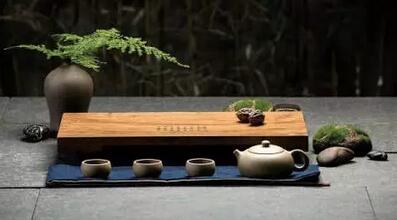
Tea longevity: The secret to centenarians' long lives
Studies on centenarians reveal that 40% attribute their longevity to a lifelong love of tea, while 80% have a tea-drinking habit. Longevity research institutions call this phenomenon "tea longevity."
Antioxidants: One cup of tea equals 12 bottles of white wine
Antioxidant tests confirm that a 300ml cup of tea has the same antioxidant power as one and a half bottles of red wine, 12 bottles of white wine, 12 glasses of beer, four apples, five onions, or seven glasses of orange juice. The more tea you drink, the more beautiful you become!
Anti-aging: 18 times stronger than vitamin E
Japanese researchers found that tea polyphenols' anti-aging effects are 18 times stronger than vitamin E. Tea not only promotes longevity but also slows aging.
Weight loss: Drinking 8-10g of tea daily can reduce fat by about 3 pounds
Without any diet or exercise, consuming 8-10g of tea daily can lead to a fat loss of approximately 3 pounds over 12 weeks, solely due to tea's effects.
Boosting immunity
The Tea Research Institute of the Chinese Academy of Agricultural Sciences conducted thousands of tests on mice, covering immunity, cancer, alcohol poisoning, weight loss, blood lipids, and mating. Results showed that mice fed tea or injected with tea extracts exhibited significantly better health indicators than those fed normally. Tea-drinking babies get sick less, giving mothers peace of mind.
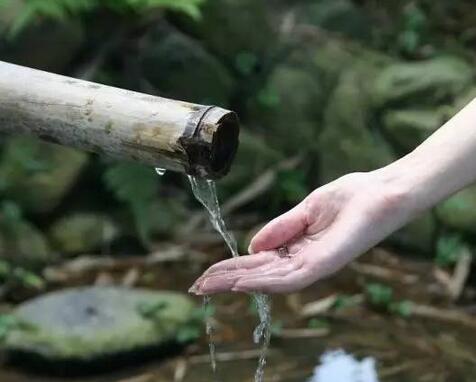
As joyful as falling in love
Tea's amino acids stimulate the release of dopamine, the chemical associated with love. Each cup of tea brings joy akin to falling in love.
The Hiroshima phenomenon: Avoiding nuclear radiation and cancer
In August 1945, the atomic bomb dropped on Hiroshima killed over 100,000 people and exposed hundreds of thousands to radiation. Years later, most developed leukemia or other cancers and died. However, three groups survived unscathed: tea farmers, tea merchants, and tea enthusiasts. This became known as the "Hiroshima phenomenon."
Japan's national tea-drinking campaign to prevent cancer
In 1999, Japan launched a two-phase "tea-drinking to prevent cancer" initiative, surveying 8,522 people over 10 years. Among 419 cancer patients, tea-drinking women developed cancer seven years later than non-tea drinkers, while men delayed onset by 3.2 years.
Regular green tea consumption reduces cancer risk by over 60%
Studies by Japan's National Cancer Center, Case Western Reserve University, and Curtin University of Technology show that men who regularly drink green tea have a 60% lower risk of prostate cancer.
EGCG: A nemesis for almost all cancers
Over 4,000 authoritative papers confirm that EGCG, a primary component of tea polyphenols, counters nearly all cancers, especially uterine, skin, lung, colon, prostate, liver, kidney, and breast cancers. Combining tea with cancer drugs enhances treatment efficacy.
Drinking two cups of tea daily reduces ovarian cancer risk by 46%
A study by Sweden's Karolinska Institute of 61,057 women aged 40-76 (301 diagnosed with ovarian cancer) found that compared to non-tea drinkers, those who drank less than one cup daily had an 18% lower risk, one to two cups reduced risk by 24%, and over two cups lowered risk by 46%. More tea equated to lower risk.
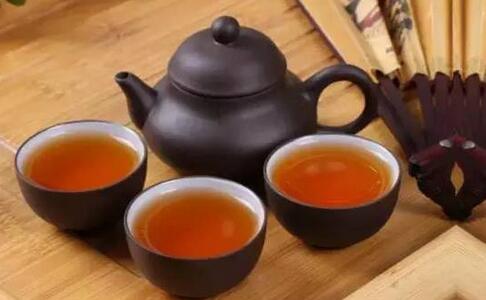
Regular black tea consumption reduces Parkinson's risk by 71%
A 12-year study by the National University of Singapore tracking 63,257 Chinese aged 45-75 found that regular black tea drinkers had a 71% lower risk of Parkinson's disease.
Ten small cups of tea daily reduce cardiovascular disease risk by 42%
Japanese epidemiological studies show that drinking ten small cups of tea daily reduces cardiovascular disease risk by 42% in men and 18% in women compared to drinking fewer than three cups.
71.4% of cataract patients don't drink tea
Among cataract patients, 28.6% are tea drinkers, while 71.4% are not.
82% of diabetics show significant improvement after drinking tea
Researchers at Toyama Medical and Pharmaceutical University found that 1,300 diabetics who drank cold-brewed tea for six months saw 82% experience significant symptom relief, with about 9% achieving normal blood sugar levels.
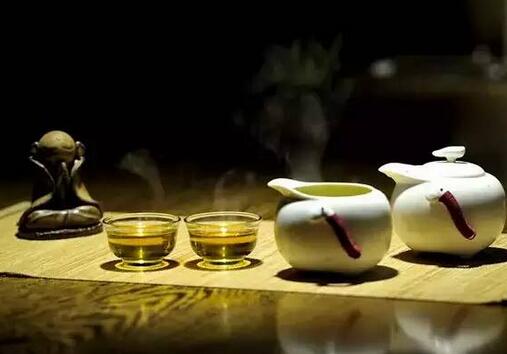
EGCG effectively blocks HIV
British and American scientists reported in the Journal of Allergy and Clinical Immunology that EGCG in tea can prevent HIV transmission in humans. Once immunized, the virus cannot spread.
Tea polyphenols kill 10,000 toxic E. coli bacteria
Researchers at Showa University in Japan placed 10,000 toxic E. coli O-157 bacteria in a solution with tea polyphenols diluted to 1/20th the strength of regular tea. Within five hours, all bacteria were eradicated. Tea proves highly effective in sterilization and gut protection!